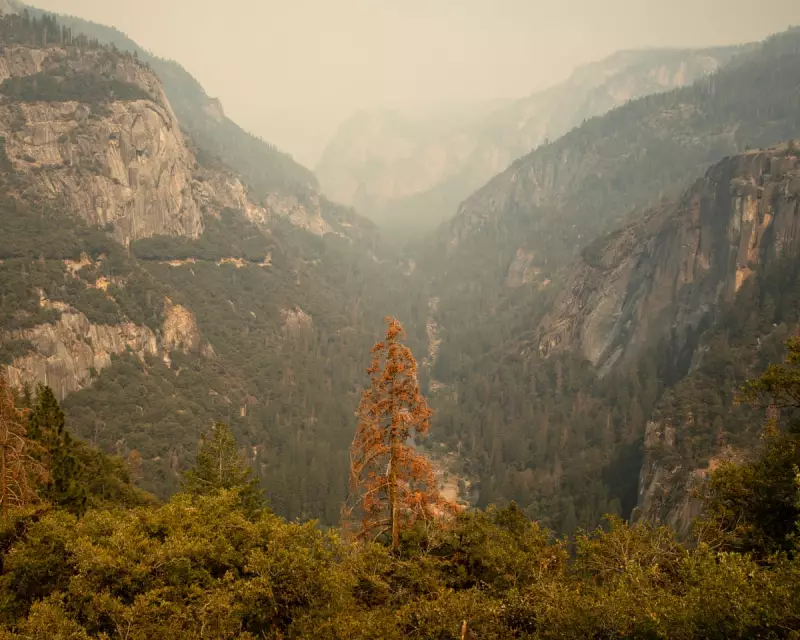
The climate crisis is no longer a distant threat but a present reality reshaping American lives in profound, yet often overlooked, ways. Beyond the headlines of catastrophic wildfires and extreme weather, its effects seep into the fabric of daily routines and cherished traditions.
The Unseen Toll on Everyday Life
While images of smoke blanketing iconic landscapes like Yosemite National Park capture attention, the personal losses are quieter. The Guardian is now asking people across the United States to share how these subtle shifts have manifested in their lives this past year. This initiative seeks to document the grief, adaptation, and personal sacrifices that define the human experience of a warming world.
Personal Stories of Change and Loss
These changes are deeply personal. It might be the inability to take your children fishing in the same river where your own childhood memories were formed because the waterway has dried up. It could be the cancellation of a family tradition like gathering around a summer campfire due to heightened wildfire risks and restrictions. For others, it's the loss of a favourite tree in the backyard or a gradual shift in the familiar rhythm of the seasons that they've observed year after year.
The callout emphasises that these stories don't need to be monumental to be significant. They represent the myriad ways the climate crisis is altering personal landscapes and forcing difficult adjustments.
How to Share Your Experience
The Guardian has opened a secure, encrypted form for US residents aged 18 and over to contribute their accounts. Participants can choose to remain anonymous, and all personal data will be deleted after it is no longer required for the feature. The publication assures that responses are secure and only accessible to their team, providing an alternative tips guide for those who prefer other secure methods of communication.
By collecting these narratives, The Guardian aims to create a mosaic of the American response to climate change, highlighting the losses that may not make front-page news but are deeply felt in homes and communities across the nation.





